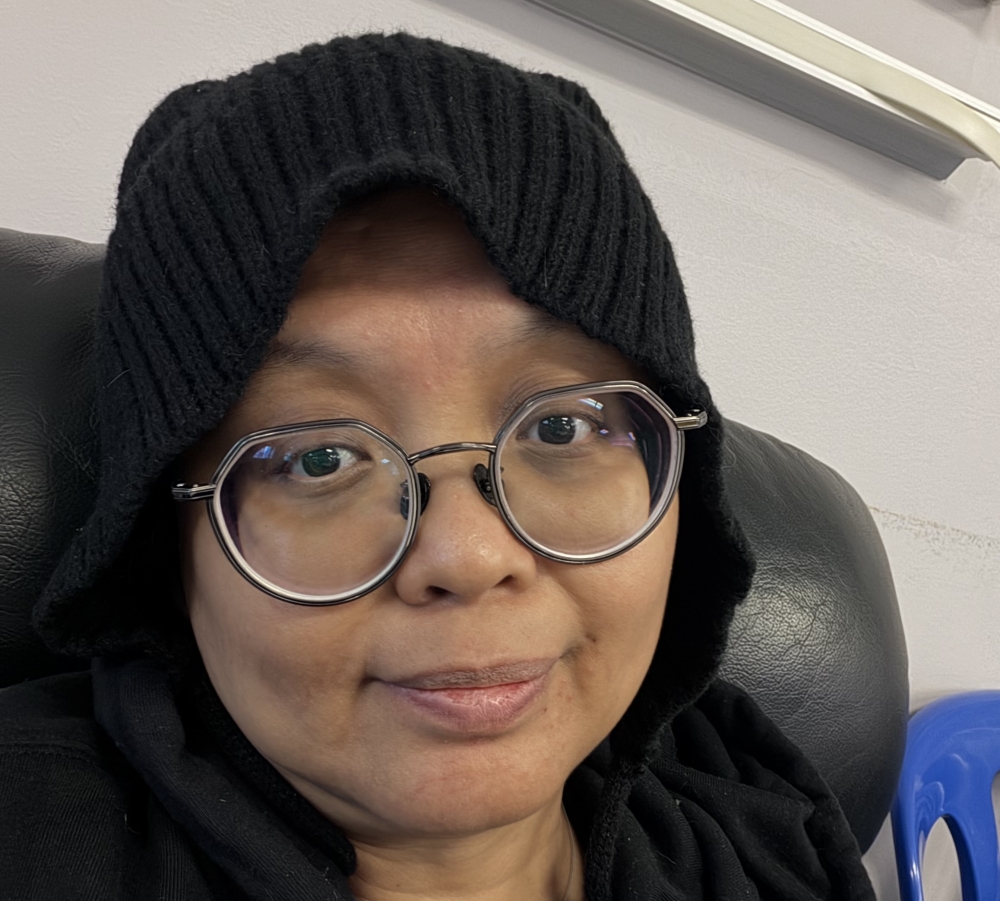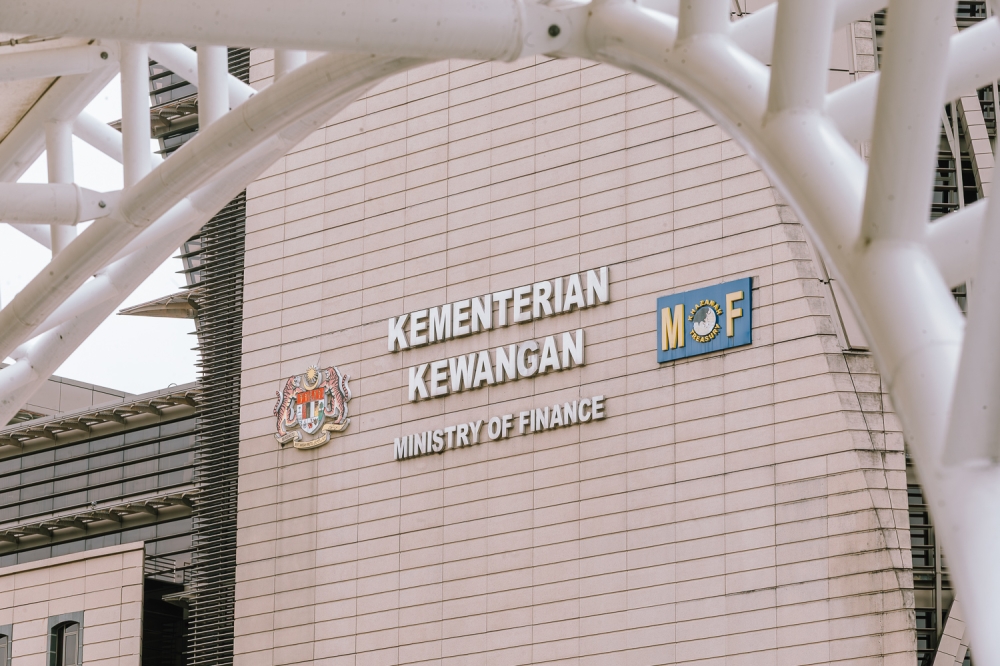NOVEMBER 6 ― In my last article, I outlined the conditions for genuine dialogue. Genuine dialogue can only begin when there is power neutrality and safety especially for the weaker members; turn taking (everyone should have an equal opportunity); genuine enquiry (the answer is not known); intentionality (an intention to solve the problem); ambiguity (know that the answer will not be self-evident); self-knowledge (understand our own limitations and strengths); and transpersonal sensitivity (empathy for all members in the dialogue).
What happens when dialogues fail?
Naturally, the solution and the underlying efforts are no longer collaborative and mature.
Instead, it takes on different forms, several of them despicable.
Neil Preston provides a continuum on how “problems” are solved: Corruption ― Coercion ― Competition ― Compliance ― Cooperation ― Co-creation.
Preston (2014) explains this continuum as follows:
Collaboration does not have in it the intention to compete, to coerce or to corrupt “others’” into seeing a problem and its solutions in the way “we” see it. Collaboration is also not compliance and co-operation. Compliance and co-operation makes the assumption that individuals/groups collaborating understand both the problem and the solution, and all that is required is to follow clear steps towards a solution. For collaboration to truly exist, the intention on why individuals/groups are seeking help to solve the problem is critical.
Stated more simply, those who use collaborative techniques seek to solve a problem and not advance our personal power. Those who seek to advance personal power (and convince others that they are right) use coercive techniques that include corruption, coercion, competition, but also compliance and co-operation.
This applies to all types of relationships ― parents and children, spouses, siblings, extended families, communities, all types of organisations, and naturally the business of governing a country (which will be the focus of my articles).
The first article proposed that we should accept the success and failures of Malaysia as our own and take a leadership role in beginning to resolve the failures.
The second article demonstrated that Malaysia is diverse and the third article argued that it is futile for Malaysians to seek “collective values” in the hope of solving the challenges Malaysia faced. Instead, the fourth article puts forward seven principles (meta-values) to resolve problems Malaysia faced.
This article outlined the continuum of techniques used when the conditions for genuine dialogue does not exist.
The seven principles that enable genuine dialogue to take place are the ideal state and it is an aspirational goal: imagine if all of our challenges were resolved simply through genuine dialogue ― how good is that!
The consensus that Malaysians are facing a crisis of confidence with its government, polarisation among its citizens and doubts about its future is real. That the time-tested way of resolving issues involving corruption, coercion, competition, compliance and co-operation no longer works is also self-evident. This makes the aspirational goal of genuine dialogue, as collaborators in identifying and defining the problem together, and co-creators of the solutions to these problems now the only logical option.
In my following articles, I explore what could be the enablers and disablers to embedding these seven principles that creates the conditions for genuine dialogue among Malaysians possible.
Reference
Preston, Neil (2014) Becoming a Collaborative Leader, PysOpus.
*This is the personal opinion of the columnist.






















